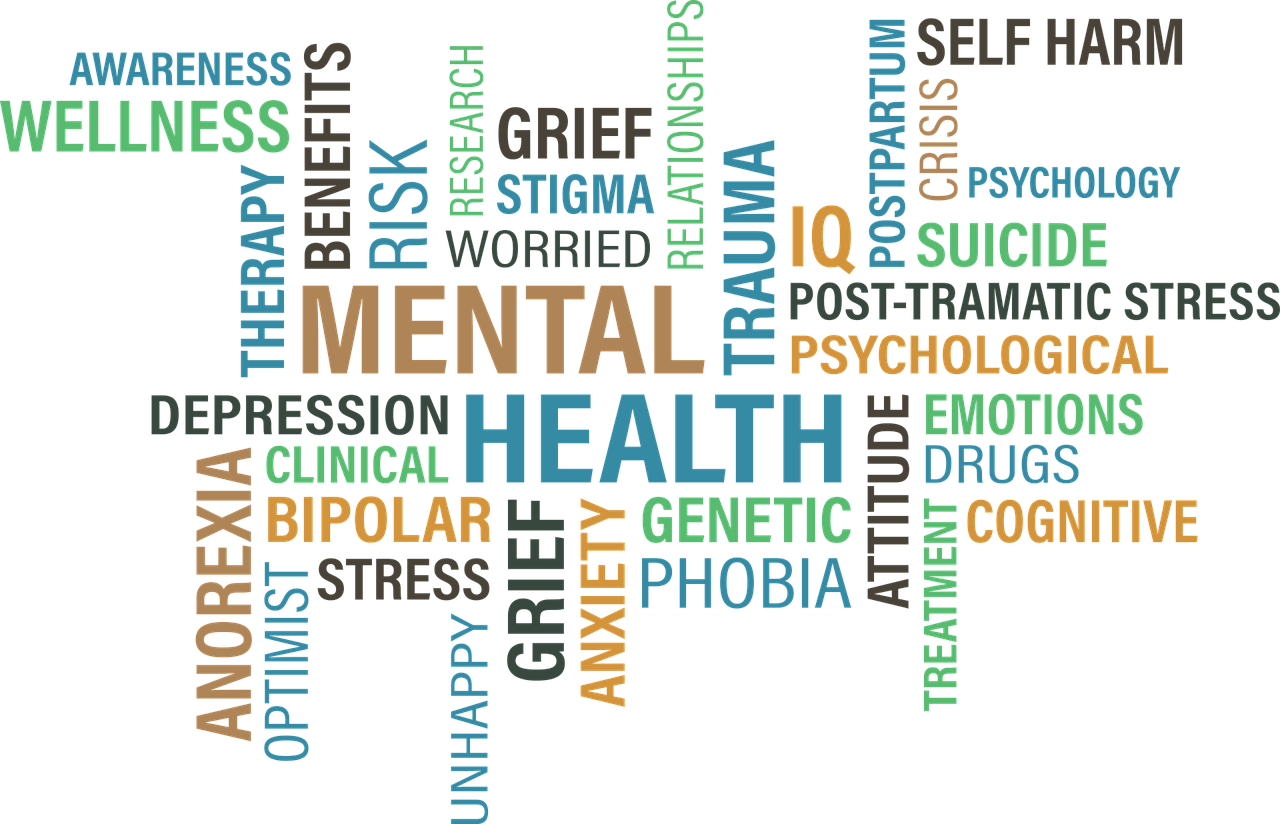Alzheimer’s disease is one of the most difficult degenerative diseases for both the individual and their loved ones. From memory to basic daily functions, it robs those we love of their personality. Most frustrating, to date, there has been no clear evidence about what causes it. In fact, no real therapies have shown much effect in halting or stopping it either. That is why any new findings of the causation, or prevention of it, are so exciting.
Growing evidence is pointing to a causal, if not correlational, tie between sleep deprivation and Alzheimer’s. Although not the predisposing cause of it, it may be something that leaves the brain vulnerable to the expression of it. Studies are beginning to indicate that it is changes within a person’s sleeping habits as they age, which may be contributing to the development of dementia.
Just a couple of months ago, there was a research report released that suggested that Alzheimer’s disease was a contagious disease that could be contracted in surgical rooms. A specific enzyme, linked to those who have the disease, seemed to be able to transmit from person to person. If that is true, that could be why not getting enough sleep could lead someone predisposed to contracting the disease.
Studies done at Oregon Health & Science University in Portland and other assisted living facilities have shown a link between sleep deprivation and Alzheimer’s disease in animals. The theory holds that when a person sleeps, the brain can “clear out” toxins that are built up in the brain. It is the regeneration that occurs during sleep that allows the brain to maintain its health. When you don’t get enough sleep or the correct type, it leaves the brain without the ability to cleanse toxins that can build up and lead to a degradation of brain tissue resulting in dementia.
For decades, scientists have seen the link between sleep disorders and Alzheimer’s, but it has been unclear which caused which. In a chicken and egg type scenario, it was difficult to know if those who had the disease had a more difficult time sleeping, or if it was the lack of sleep that caused the risk for the disease.
Studies done on mice were the first indication that not sleeping led to amyloid plaques in the brains of those mice that were sleep deprived. It was the first causal link established. Whether those findings can be extrapolated to people remains to be seen.
Recent research has focused on the mechanism through which the brain can clear out toxins during sleep. When someone does not get enough sleep, it could be depriving the brain of its ability to regenerate and renew. Overtime, that may lead to a vulnerability of disease in the brain.
When you sleep, the normal fluid on the exterior of the brain recirculates through the cerebrospinal fluid, through the blood vessels. This helps to remove any toxins that are present or built during the day. It is this “cleansing out” period, that is critical to maintaining a healthy brain. Glymphatic is a system of cleansing pathway responsible for the protection of brain tissue. When the brain doesn’t go through the process, it may leave it susceptible to disease.
Studying the process in humans may be the biggest hurdle. Unlike animals, you can’t just put a window into the brain to watch the process. The use of high-powered MRI imaging will have to suffice. The theory is that when you are young with good blood flow, cleansing the brain is robust, but as you grow older, the process begins to slow down.
As you age, it becomes more difficult for toxins to flush, and when you add lack of sleep to it, it becomes a precedent to disease patterns. An exciting new finding, it may help physicians to single-out those who may be predisposed to Alzheimer’s. It is hoped that by aiding in their ability to get deep enough sleep, it may help protect the brain from dementia.
<
p style=”text-align: justify;”> Studies will begin this year to see if the sleep deprivation identified in mice has the same effect on humans. Humans, however, are not as simple to study. The unnatural conditions that will be necessary to study them could make getting rich data a bit more troublesome.
It has long been known that sleep is necessary for good health; this may just be one more reason to get a good night’s rest.




